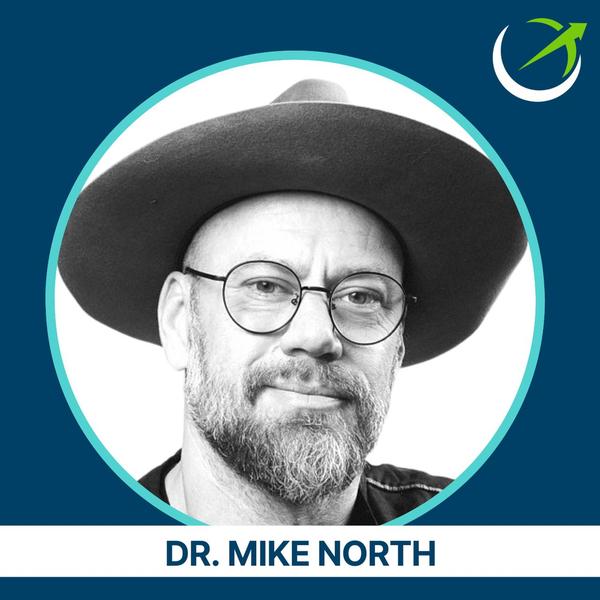Is Hormone Replacement Therapy in Menopause Helpful or Harmful: Sifting Through the Science for a Personalized Approach to Relieve Suffering and Improve Your Healthspan
Mark Hyman
Mar 15, 2024
Mindsip insights from this episode:
Address childhood trauma to mitigate menopause depression risk
Women who experienced two or more adverse childhood events have a significantly increased risk of a first onset of major depression during the menopause transition.
Apply low-dose testosterone drops to enhance libido in menopausal women
Applying very low-dose topical testosterone drops directly on the clitoris can be a highly effective way to address low libido in menopausal women.
Initiate estrogen therapy in perimenopause to protect cognition for ApoE4 carriers
For women who carry the ApoE4 allele, a genetic risk factor for Alzheimer's, estrogen therapy started in the critical perimenopausal window is associated with more preserved cognition.
Start bioidentical hormones within 5-10 years of last menstrual period for optimal benefits
The 'timing hypothesis' suggests that starting bioidentical hormones within a 5-10 year window of the last menstrual period is when the benefits are most likely to outweigh the risks.
Recognize menopause's impact on sleep apnea risk
The risk for sleep apnea and sleep-disordered breathing goes up fourfold in the menopause transition because declining estrogen makes the airway tissue more collapsible.
Focus on insulin to manage menopausal symptoms
If you had to pick one hormone to focus on for managing menopausal symptoms, it would be insulin, as estrogen levels will often regulate themselves once insulin is balanced.
Balance gut microbiome to regulate hormone recycling
An enzyme called beta-glucuronidase, produced by an imbalanced gut microbiome, can unpackage and allow for the recirculation of estrogens, stress hormones, and toxins.
Leverage your gut's estrobolome to regulate estrogen levels
Your gut microbiome contains genes that can produce and regulate hormones, influencing your circulating estrogen levels, a concept known as the estrobolome.
More from
Mark Hyman
You also might be interested in
Dr. Casey Means: Eat like THIS to reduce your Risk of Metabolic Disease!
Biohacking Fertility for Men and Women at Any Age
Improve Energy & Longevity by Optimizing Mitochondria | Dr. Martin Picard
Dr. Casey Means: Stop Ignoring Your Health — Do These 5 Free Tests!
The Untold Science Of Vibration Therapy & The “BioDrive” Breakthrough That Regulates Your Mind and Body, With Dr. Mike North














